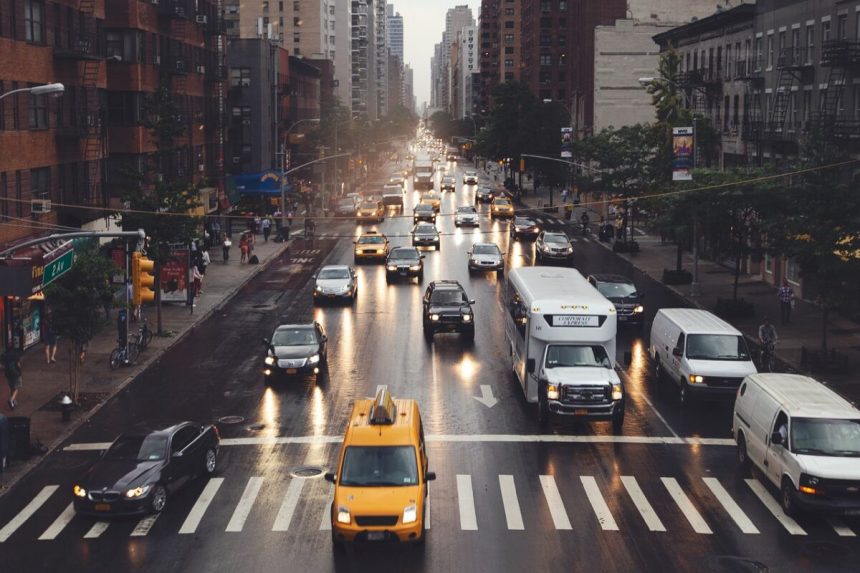It is truly ironic that Democratic New Jersey Governor Phil Murphy, Republican Representative Nicole Malliotakis from Staten Island, and Democratic Representative Josh Gottheimer from New Jersey all share a strong opposition to congestion pricing south of 60th street in Manhattan. These political adversaries have come together in their unfounded criticisms of congestion pricing. Their opposition is even supported by the program’s architect, disgraced former New York State governor Andrew Cuomo. Cuomo questions the timing of the program but fails to acknowledge its benefits, focusing solely on the costs associated with the fee.
All these individuals understand that opposing a toll or tax makes for good politics, even if it means sacrificing good public policy. The consistent opposition to the fee has swayed public opinion against it, as the discourse only highlights costs, exaggerates potential negative impacts, and neglects to mention the benefits. These politicians are shamelessly seeking political gain, with little regard for the broader implications.
As I discussed in a post from June 2022, the Community Service Society found that only four percent of the city’s outer-borough working residents commute to Manhattan by vehicle and could be subject to a congestion fee. In contrast, 56 percent of outer-borough residents use mass transit to commute to Manhattan. Implementing a funding structure that reduces traffic while providing additional funds for mass transit would redistribute wealth from the affluent to benefit working-class commuters.
The congestion fee is an effective mechanism to generate revenue for mass transit and alleviate traffic congestion. Just as surge pricing works for companies like Uber and Jet Blue, it can positively impact traffic flow in Manhattan. With the planned implementation of congestion pricing on June 30th, it is essential for the program to proceed without the interference of courts or congress. The alternative is a deteriorating subway system and worsening traffic congestion.
As a long-time professor of public management and sustainability management, I recognize the inefficiencies present in New York’s mass transit system and the MTA’s poor record of contract management. While there are challenges such as wasteful spending, corruption, and bureaucratic hurdles, the demand for improved service and infrastructure necessitates additional funding. By ensuring transparent and accountable use of the new revenue streams, we can maximize the benefits for commuters and the city as a whole.
Congestion pricing, originally conceived by Nobel laureate Bill Vickery, has been successfully implemented in several cities worldwide. While adjustments may be necessary to address local conditions and unforeseen impacts, the underlying policy design is sound. By effectively managing the new revenue source and prioritizing improvements in mass transit infrastructure, New York City can address its traffic congestion and enhance the efficiency of its public transportation system.






